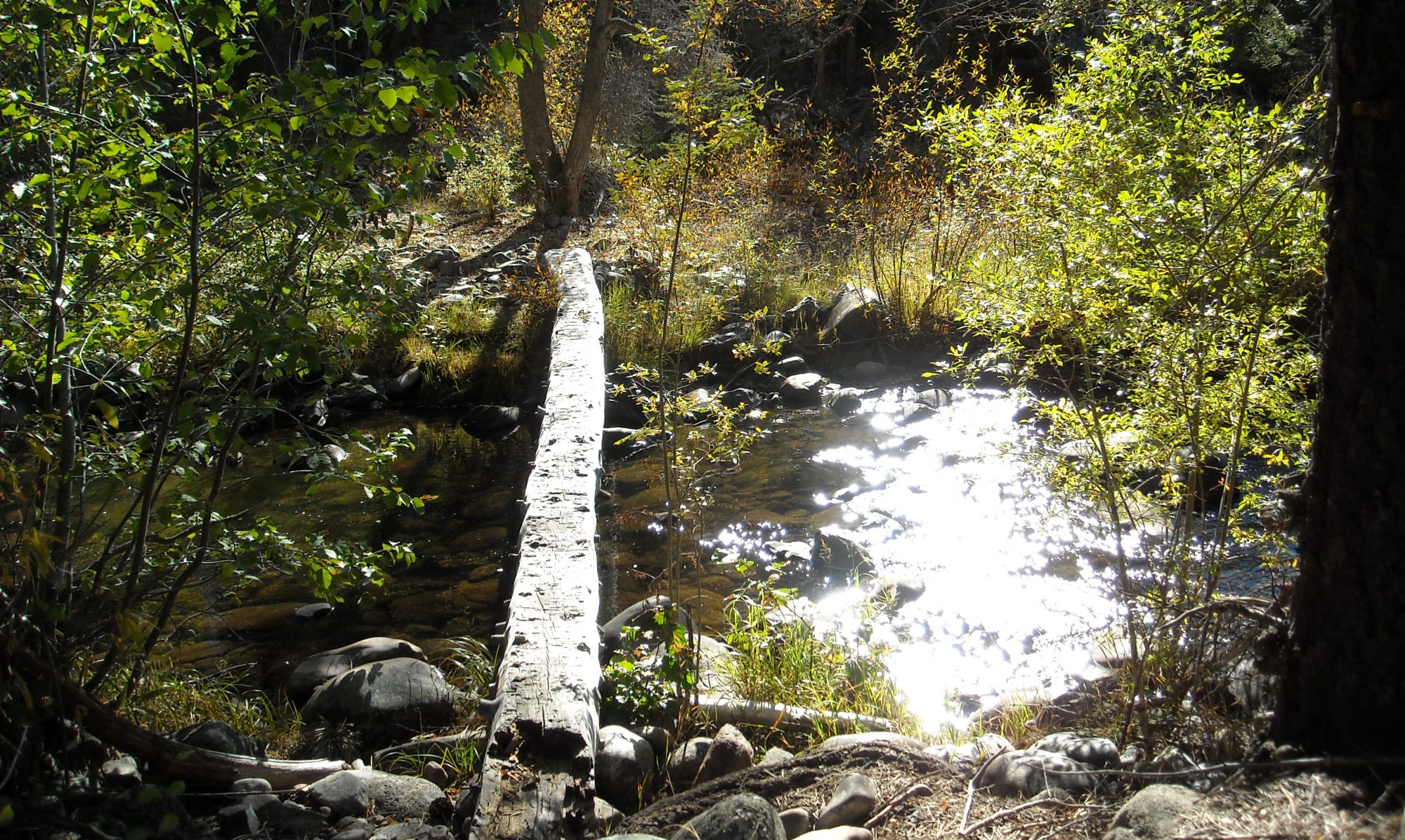- Winterkeep, by Kristin Cashore. I had some problems with this one, though I did read it all the way through, not just once but twice. Kristin Cashore is one of “my” writers and so her works get a level of trust from me that many other authors’ don’t. For this reason I found reading Winterkeep an interesting exercise in figuring out what my problems with it were. I think it comes down to three main issues (no real spoilers in what follows). First is a world-building issue. Cashore’s previous novels in this universe (Graceling, Fire, and Bitterblue) suffered from a common and extremely problematic issue in fantasy: presumed (and in some cases explicit) whiteness (some discussions of this issue in fantasy generally here and here). Perhaps in part to remedy this, in Winterkeep Cashore presents a nation of people with brown skin, and clarifies that the Lienid are also brown-skinned (albeit lighter-skinned than the people of Winterkeep). All this is well and good, except that by this choice, Cashore has created a world in which human phenotype is completely unmoored from biological reality (the people of Winterkeep live in the far north). This worldbuidling thus gives credence to some mistaken ideas about the biology of skin color and race; such mistaken ideas inform quite a bit of present-day scientific racism (this project provides some background for what I’m trying to get at here), which is clearly not what Cashore intends – but nonetheless, it bothered me. I couldn’t not see those threads as I read. My second issue is also science-related. While environment is at the heart of the conflict in Winterkeep, and Cashore emphasizes this by having two point-of-view and one additional important set of non-human animal characters, all the animals seem completely human-focused. These three types of animals are the only wild animals we’re introduced to (and one, the telepathic foxes, would really have to be considered a semi-domesticate); otherwise the world is populated by domestic animals (that is, dependent on humans) such as cows, pigs, and cats. This wouldn’t be too much of a problem except that the responsibility of the denizens of Winterkeep to take care of the earth and the impacts of their decisions on ecosystem dynamics are a significant part of the plot. Similarly, while concepts such as cascading environmental effects and ecosystem mechanics are touched upon, the superficial way in they are treated supports the idea that people are the superior beings, the most important part of this world…which is directly in conflict with the stated environmental themes of Winterkeep. Finally, one of the aspects of this book that I really liked was the theme of coming of age out of a background of family trauma. However, the many viewpoints (there are five) made it hard for me to fully connect with the character of Lovisa. And this made the way in which Winterkeep treats family trauma, for me, fundamentally unsatisfying. Together these three issues made the entire book problematic for me; they may not be so much of an issue for other readers. But thinking about why things were problematic for me in this one was also a really fruitful and interesting exercise – one that’s given me some insights into writing craft.
- Interior Chinatown, by Charles Yu. I loved this book.
- The Banished Immortal: A Life of Li Bai, by Ha Jin.
- Making Magic: Weaving Together the Everyday and the Extraordinary, by Briana Saussy

Sometimes Writing. Always Reading.
One Reply to “What I’ve been reading lately, plain February edition”